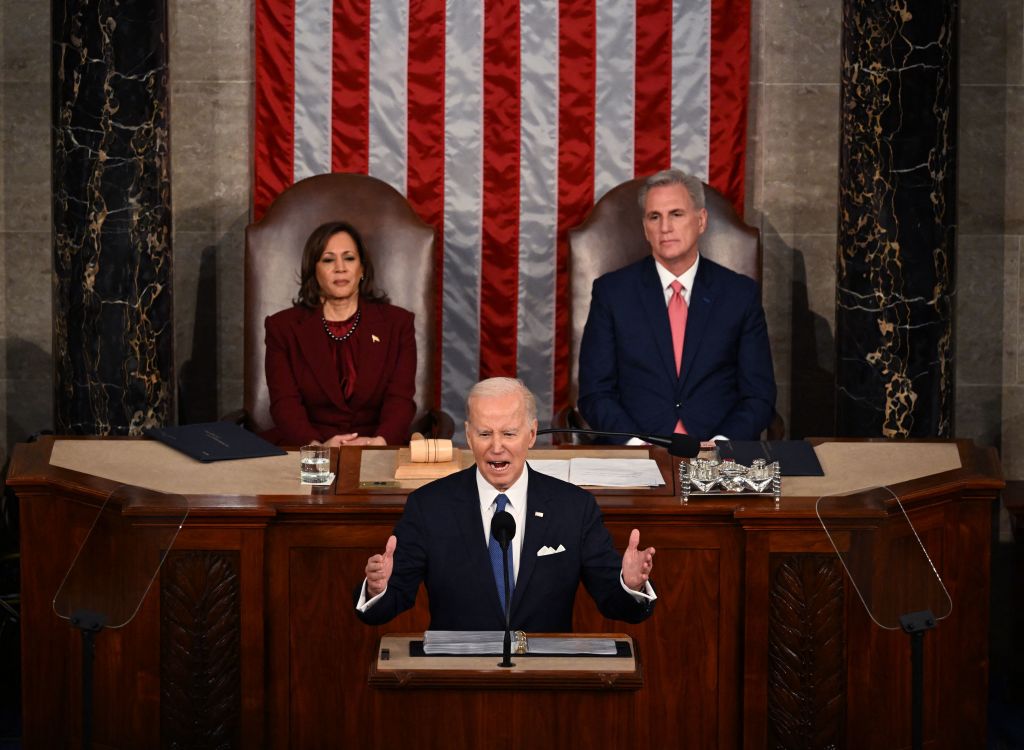
At this point, it’s become cliché to talk about how difficult it is to wrap our brains around the enormity of the climate crisis. Yes, we get that we don’t get it, everyone says, and we probably never will. But it’s still worth dwelling, for four or five indulgent seconds, on the sheer complexity of the thing we’re dealing with, a complexity that touches every country and every element of life, from arctic crustaceans to sex; that helped bring about a whole new term hyperobject to describe it; that for all our lectures and books and radio interviews, still leaves many of us feeling like we keep missing some elusive point.
In some ways, that complexity works pretty well for us writers—it’s our job to explain the world, but also to bring out the dilemmas and contradictions in those stories, their diversity of viewpoints, and their endless, fascinating details. The fact that climate change is such a sprawling issue, that it affects so many aspects of life, is something that framed the concept of how we cover the issue at TIME. Climate isn’t energy, or tech, or nature or finance. It’s all of them, and more. It’s everything.
In politics, however, things are different. Like journalists, politicians tell stories about the world. But the stories they tell don’t necessarily have to be particularly new, or detailed. They don’t even have to be particularly interesting. What they do need to do is inspire enough people to think: Hm, that person seems to have a handle on things I care about. I’ll vote for them.
In his state of the union speech last night, President Joe Biden gave a politician’s account of global climate change. His presidency is premised on appealing to a kind of generalized everyman, endlessly avowing that every issue in our ever-shifting, often bewildering world really comes down to dollars and cents for struggling middle class families, or else to straightforward yet vague concepts: paying your fair share, standing up for freedom, rebuilding the “soul of the nation.”
A version of this story also appears in the Climate is Everything newsletter. To sign up, click here.
His short account of climate change, sandwiched between points on prescription drug costs and corporate tax rates, fell squarely into those parameters. It’s an issue of values, one “we have an obligation to our children and grandchildren to confront,” he said in the speech. It’s common sense, a need to stop floods and weather related blackouts. And it’s a pocketbook issue, a matter of new jobs for union workers, lower utility bills, and tax breaks for families looking to buy their first electric car. In contrast to the sprawling, labyrinthine efforts to address the crisis passed in the Inflation Reduction Act and other bills in the past two years, and the light-touch maneuvering his administration undertakes at global climate summits, the version of climate action that Biden is presenting to the American people is mercifully simple: This matters to you. And I’m taking care of it.
That way of presenting things, though, can bring you to some strange places. In Biden’s America, for instance, it is possible to crow about your efforts to cut emissions and, in the same breath, excoriate oil companies for not “increas[ing] domestic production and keep[ing] gas prices down.” It also misses an opportunity to level with the American people—to tell them exactly how dire the situation is, to alert them to what to expect from a still-warming atmosphere, and to explain to them, as wind farms and solar projects descend on their hillsides and fields, why we have no choice but to embrace these changes.
Perhaps it’s wishful thinking that a modern president would walk that difficult line with the American people—the last one who did, Jimmy Carter, got himself booted out of office at the next available opportunity. For Biden, this presentation may just be a matter of strategy. In the past two years, his administration has done more for the global climate than any president in history. But it wasn’t talking about the nitty gritty that gave him that power—it was good-ol’ Biden-brand kitchen table talk. To sell his accomplishments and advocate for another term, Biden has fit his clean energy tax credits, EV manufacturing schemes, and long term billion dollar hydrogen pilot projects into the formula. After all, it’s worked pretty well so far.
More Must-Reads from TIME
- Donald Trump Is TIME's 2024 Person of the Year
- Why We Chose Trump as Person of the Year
- Is Intermittent Fasting Good or Bad for You?
- The 100 Must-Read Books of 2024
- The 20 Best Christmas TV Episodes
- Column: If Optimism Feels Ridiculous Now, Try Hope
- The Future of Climate Action Is Trade Policy
- Merle Bombardieri Is Helping People Make the Baby Decision
Write to Alejandro de la Garza at alejandro.delagarza@time.com